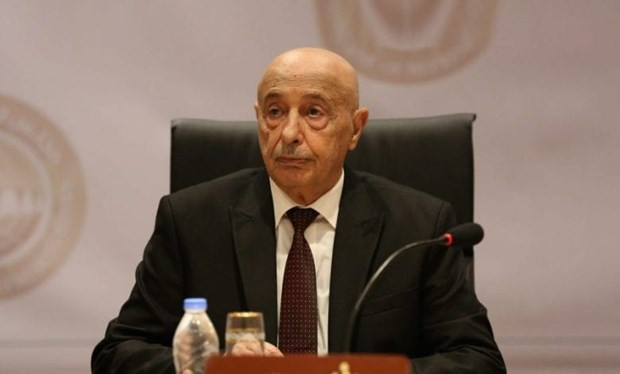Ongoing disputes over the electoral process could make it difficult for the votes to take place, despite the Libyan National Assembly Speaker's promulgation of the Law on Elections of the President and National Assembly.

On October 4, the President of the Libyan National Assembly, Mr. Aguila Saleh, issued the Law on the Election of the President and the National Assembly.
However, ongoing disputes over the electoral process could make it difficult for votes to take place.
According to a reporter in Africa, the spokesman for the Libyan parliament, Abdullah Belaihaq, said that the House of Representatives (HoR) based in the east voted to pass the election law on October 2, but did not announce the number of votes in favor or the number of members present at the vote.
Another legislative body, the High State Council (HSC), based in Tripoli in the west, where the internationally recognized Government of National Unity (GNU) is based, has yet to make a statement on whether it will ratify the law.
There are still disputes in Libya's political system that make voting fragile.
The laws promulgated by the Speaker of the Libyan National Assembly on October 4 were drafted by a joint legislative committee consisting of six HoR members and six HSC members.
However, according to the UN Special Rapporteur's assessment last July, the current state of these laws “will not allow for successful elections.”
The HoR says it wants to replace the GNU with a new interim government before any elections in Libya, but this could trigger a new wave of violence.
To resolve the Libyan conflict, international diplomatic efforts are focusing on promoting parliamentary and presidential elections to replace the interim political institutions, including the HoR, HSC and GNU.
Libya was unable to hold general elections in December 2021 as previously planned due to disagreements over electoral laws among parties.
Since the 2011 coup that toppled leader Muammar Gaddafi, Libya has been in turmoil and remains deeply divided after polarization between eastern and western armed factions since 2014.
Large-scale conflicts have been halted after the parties reached a ceasefire agreement in 2020. However, so far, the factions in Libya have not found a long-term political solution./.
According to VNA